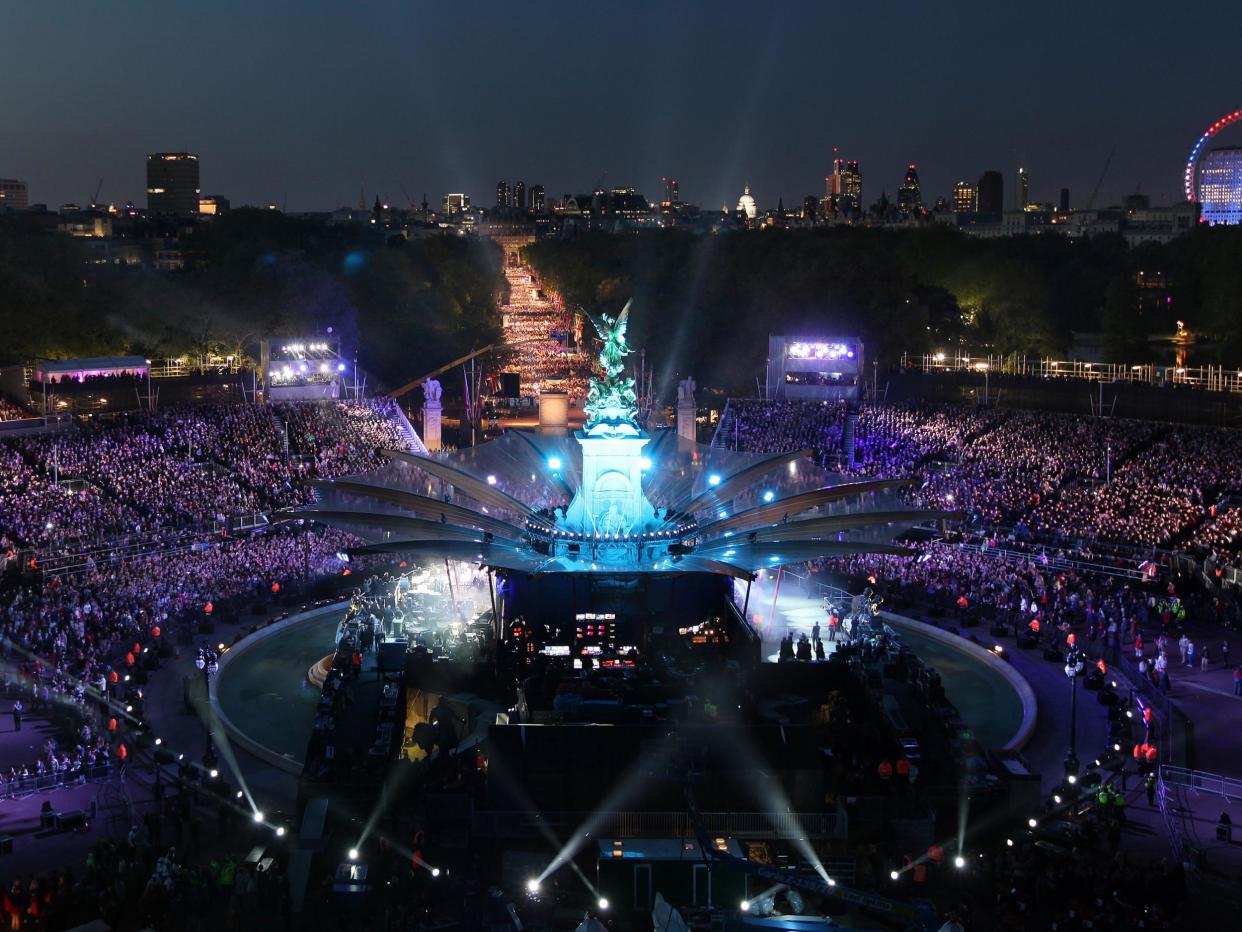Dr G Yunupingu dead: Aboriginal artist who performed with Sting and at Queen's Jubilee dies aged 46

Leading Australian indigenous artist Dr G Yunupingu has died aged 46, his record label has said.
The singer, who was born blind in the Northern Territory, was one of the country's most prolific Aboriginal musicians and the highest-selling Australian indigenous artist ever.
Yunupingu, who performed at the Queen's Diamon Jubilee Concert in London in 2012, died at Royal Darwin Hospital on 25 July after enduring "a long battle with illness".
He released a solo album in 2008 which made it onto the charts in several countries, and sang in English as well as his native Yolngu language.
His label, Skinnyfish Music, said he was "one of the most important figures in Australian music history."
"His debut album cemented him as the Australian voice of a generation, hitting triple platinum in Australia, silver in the UK and charting in muliple other countries across the globe," a statement read.
"His legacy as a musician and community leader will continue as his life's work continues its positive impact on Elcho Island, The Northern Territory, Australia and the world."
Yunupingu had ongoing liver and kidney issues for some time, the BBC reports, which had forced him to cancel a tour in Europe.
Midnight Oil frontman Peter Garrett led tributes on social media, calling him a "truly great musician".
"Very sad news. Too young, so much left to give. Heart goes out to family," he wrote on Twitter.
His lifelong friend and colleague from Darwin's music scene, Vaughan Williams, told ABC that he was horrified at the state of poor health he found Yunupingu in before he was admitted to hospital.
As someone who has worked in itinerant camps as a homeless outreach worker, Williams said he believed that it was an indictment on society that one of Australia's most high-profile and awarded musicians had died while living in similar circumstances.
"He shouldn't have died," he said. "We owed him a better effort. We owed him our compassion. And as a society we should be thinking: how did it come to this?
"That this amazing man with the disability of blindness, who achieved so much was here on this lonely stretch of Darwin coastline, dying, with people drinking around him."
In keeping with indigenous traditions, his family has asked media outlets not to use pictures of him after his death.

 Yahoo News
Yahoo News 
